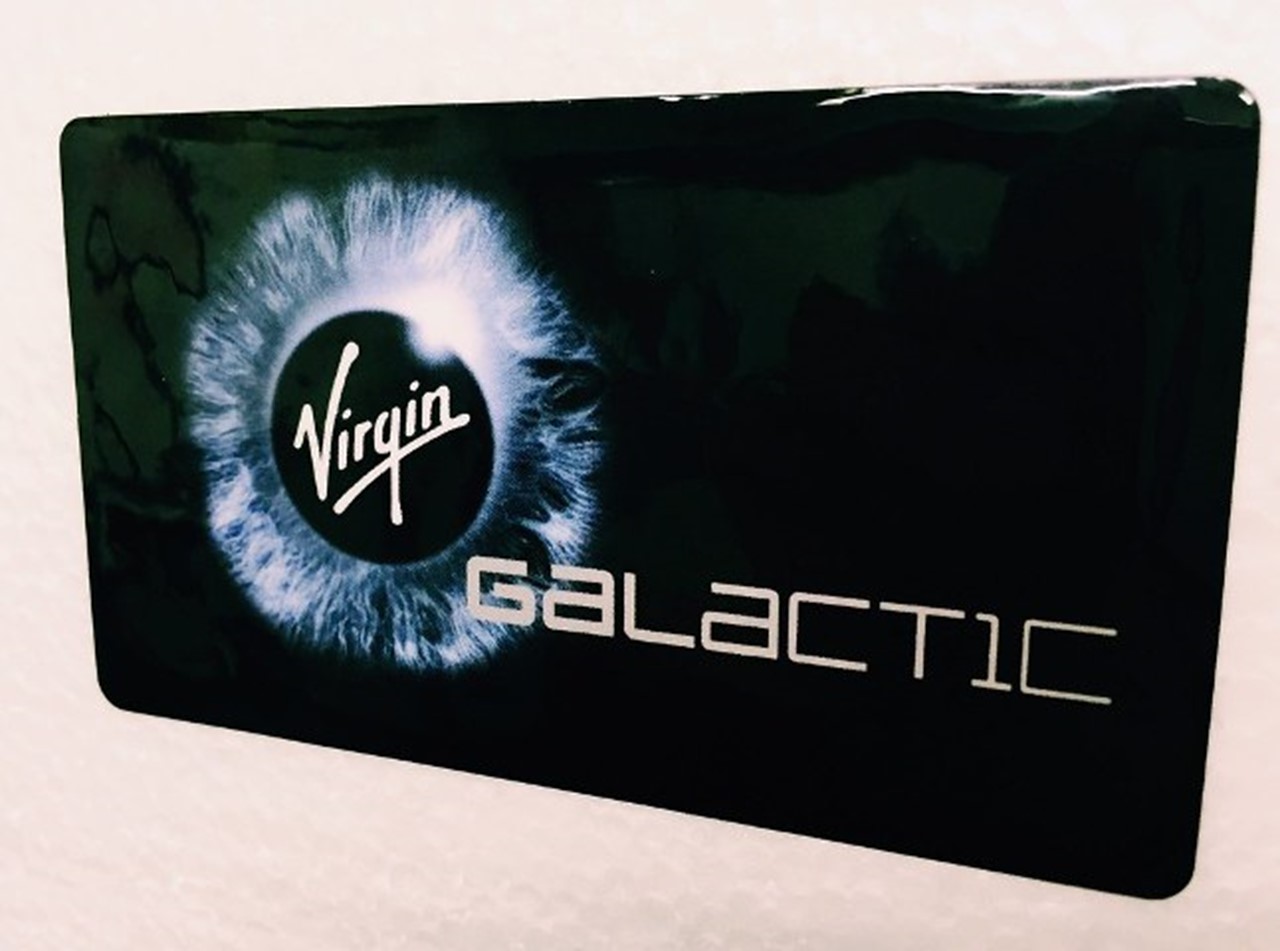Following is a summary of current science news briefs.
Singapore Exchange revises IPO rules for life science firms
Singapore Exchange Ltd (SGX) is amending its initial public offering (IPO) rules to clarify that life science companies seeking to list on its mainboard exchange do not need to be revenue-generating. The revision was based on a publication of a Listings Advisory Committee’s decision on SGX’s life sciences listing framework on Thursday.
Virgin Galactic launches tourists to edge of space
Virgin Galactic on Thursday blasted three tourists to the edge of space aboard its air-launched VSS Unity spaceplane, a live stream showed, the Richard Branson-founded company’s second commercial mission as it starts routine flights. The rocket-powered VSS Unity craft dropped from the carrier plane over New Mexico around 9:20 a.m. local time and blasted its four passengers, a company instructor and three tourists, to an altitude of roughly 55 miles (88.51 km).
No quick fix to reverse Antarctic sea ice loss as warming intensifies – scientists
Sea ice in the Antarctic region has fallen to a record low this year as a result of rising global temperatures and there is no quick fix to reverse the damage done, scientists said on Tuesday in a new study of the impact of climate change on the continent. The continent’s minimum summer ice cover, which last year dipped below 2 million square kilometres (772,000 square miles) for the first time since satellite monitoring began in 1978, fell further to a new low in February, according to a study published in the journal Frontiers in Environmental Science.
A frigid apocalypse doomed early humans in Europe
Long before our species Homo sapiens trekked out of Africa, earlier human species also spread to other parts of the world. That dispersal, however, sometimes encountered grave hardships. Scientists on Thursday described evidence of a massive North Atlantic cooling event about 1.1 million years ago that lasted roughly 4,000 years and appears to have wiped out the entire population of archaic humans who had colonized Europe.
Russia launches lunar lander in race to find water on moon
Russia launched its first moon-landing spacecraft in 47 years on Friday in a bid to be the first nation to make a soft landing on the lunar south pole, a region believed to hold coveted pockets of water ice. The Russian lunar mission, the first since 1976, is racing against India, which launched its Chandrayaan-3 lunar lander last month, and more broadly with the United States and China, both of which have advanced lunar exploration programs targeting the lunar south pole.
The odd behavior of a subatomic particle may shake up physics
The peculiar wobble of a subatomic particle called a muon in a U.S. laboratory experiment is making scientists increasingly suspect they are missing something in their understanding of physics – perhaps some unknown particle or force. Researchers on Thursday announced new findings about the muon (pronounced MEW-on), a magnetic and negatively charged particle similar to its cousin the electron but 200 times more massive, in their experiment at the U.S. Energy Department’s Fermi National Accelerator Laboratory in Batavia, Illinois.
Amazon switches rockets for first test satellites to avoid launch delay
Amazon.com Inc plans to launch its first pair of prototype internet satellites late next month on a different rocket than previously planned, a spokesman said on Monday, again switching rides for the spacecraft to avoid mounting rocket delays. The company will launch the first two satellites for Amazon’s Kuiper program, which aims to offer internet globally from space, aboard a dedicated Atlas V rocket from the Boeing-Lockheed joint venture United Launch Alliance (ULA), spokesman James Watkins said.
(With inputs from agencies.)

